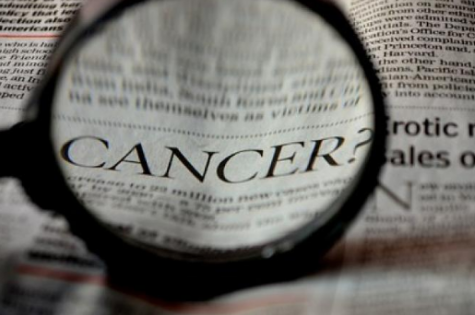The terrible word “cancer” is familiar even to people far from medicine. It is believed that this term is synonymous with imminent death because everyone knows the tragic stories from the lives of celebrities or friends who have been diagnosed.
Experts oncologists do not get tired of repeating: cancer can be defeated if it is detected at an early stage and seek qualified medical assistance. In other words, you need to know the enemy by sight and not be afraid to learn about his strengths and weaknesses. Therefore, let's talk about one of the most common types of malignant tumours — skin cancer.
Skin cancer — what is the prognosis?
People of the “northern type” (with fair skin and hair), who have moved to live in warm lands or were born in a family of immigrants, are particularly susceptible to skin cancer. In addition, skin specialists doctors like SunDoctors Australia noticed that more often the tumours of this group are found in patients who spend a lot of time outdoors.
Since skin cancer is common in many countries of the world including Australia, Brazil, USA, and Switzerland, medical specialists pay special attention to the development and introduction of new methods for diagnosing and treating this disease. In addition to traditional methods of dealing with tumours — surgeries, radiation therapy, and chemotherapy — scientists are looking for more effective and less dangerous for health, ways to beat cancer.
There are more and more publications on virotherapy treating cancer with the help of viruses and immunotherapy using vaccines with tumour fragments that stimulate the body’s defences. But the situation remains alarming: patients often simply ignore the first symptoms of skin cancer and go to the hospital with an advanced tumour stage, when there is no guarantee of recovery. So at the 4th stage of melanoma, even with the right treatment, only 1 out of 10 patients lives longer than 5 years. But unlike the tumours located inside the body, skin cancer is almost always in sight.
Causes of skin cancer
The appearance of any malignant neoplasm is a consequence of a malfunction in the body: normally, the immune system destroys defective cells before they start to uncontrolled division. If for some reason the defence mechanisms do not work, the tumour grows in size and becomes invulnerable to biologically active substances and killer cells.
In the case of skin cancer, the most dangerous environmental factors that increase the likelihood of developing a tumour are ultraviolet and ionizing radiation, as well as exposure to aggressive chemicals. Therefore, such malignant tumours are often detected in people who have had contact with radiation or worked in the chemical industry.
Experts point out that skin cancer is often triggered by visiting a tanning salon: the fashion for bronze tanning led to a significant increase in the incidence of malignant tumours in women (for this reason, more than 170,000 new cases of cancer are detected every year in the United States).
Symptoms and signs of skin cancer
Any type of malignant tumours first manifests itself locally — at the site of the lesion, and then, if left untreated, affects the overall well-being of the patient. In the case of skin cancer, the relationship between local and general symptoms is in favour of local ones: until the late stages of the disease, people around you may not suspect that the person is sick.
Local symptoms of skin cancer are visible to the naked eye: it may be a sore that does not heal for several weeks, a blemish that gradually increases in size, or a mole that changes shape or colour. Depending on the type of tumour, the growth of a neoplasm can be slow or fast, but in any case, the change of the skin progresses.
Redness, itching, pain, bleeding or peeling is often observed in the affected area. It is important to know that skin cancer can develop, including on mucous membranes — in the mouth or in the nasal cavity, as well as under the hair on the head.
General symptoms manifest themselves in any type of cancer in the same way: loss of appetite, chronic fatigue, weight loss, periodic episodes of the unreasonable rise in temperature to subfebrile values (about 37.5 C). Such complaints should alert not only the patient but also his relatives — to postpone a visit to the doctor in such cases is strictly not recommended.








 Agree (0)
Agree (0) Disagree (
Disagree (









__small.png)










